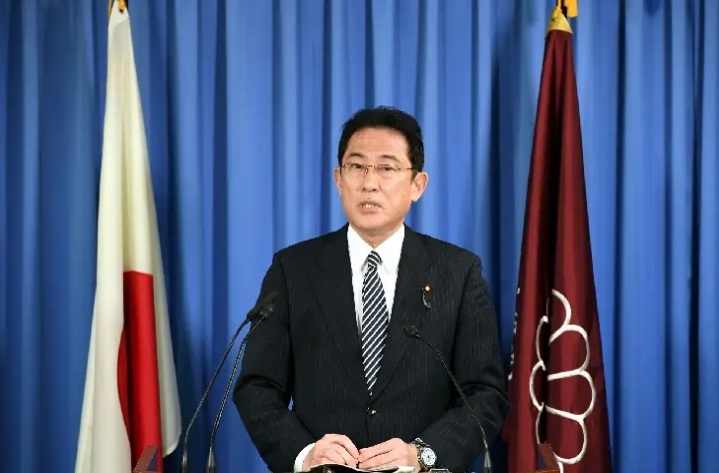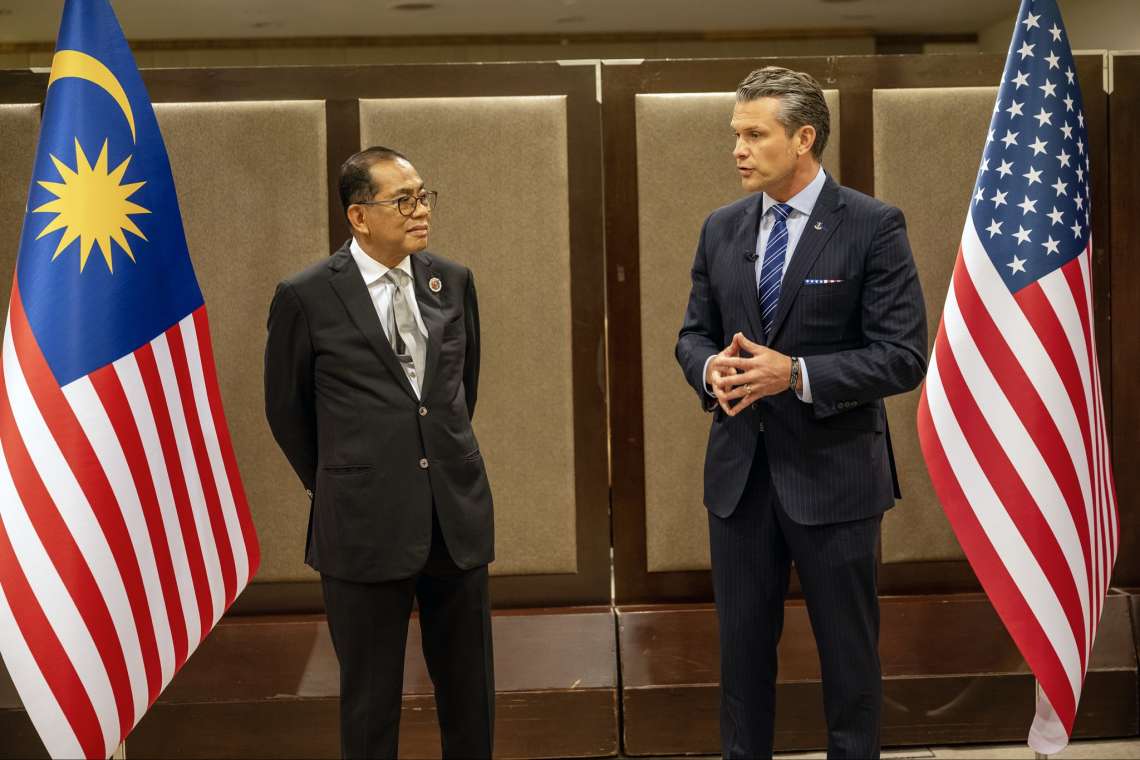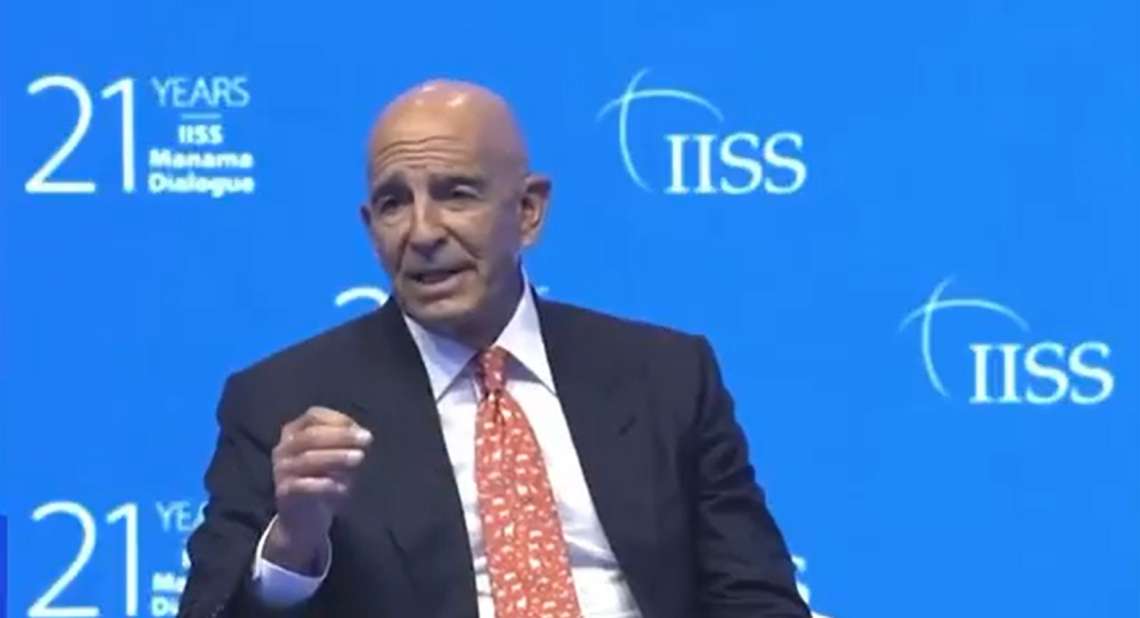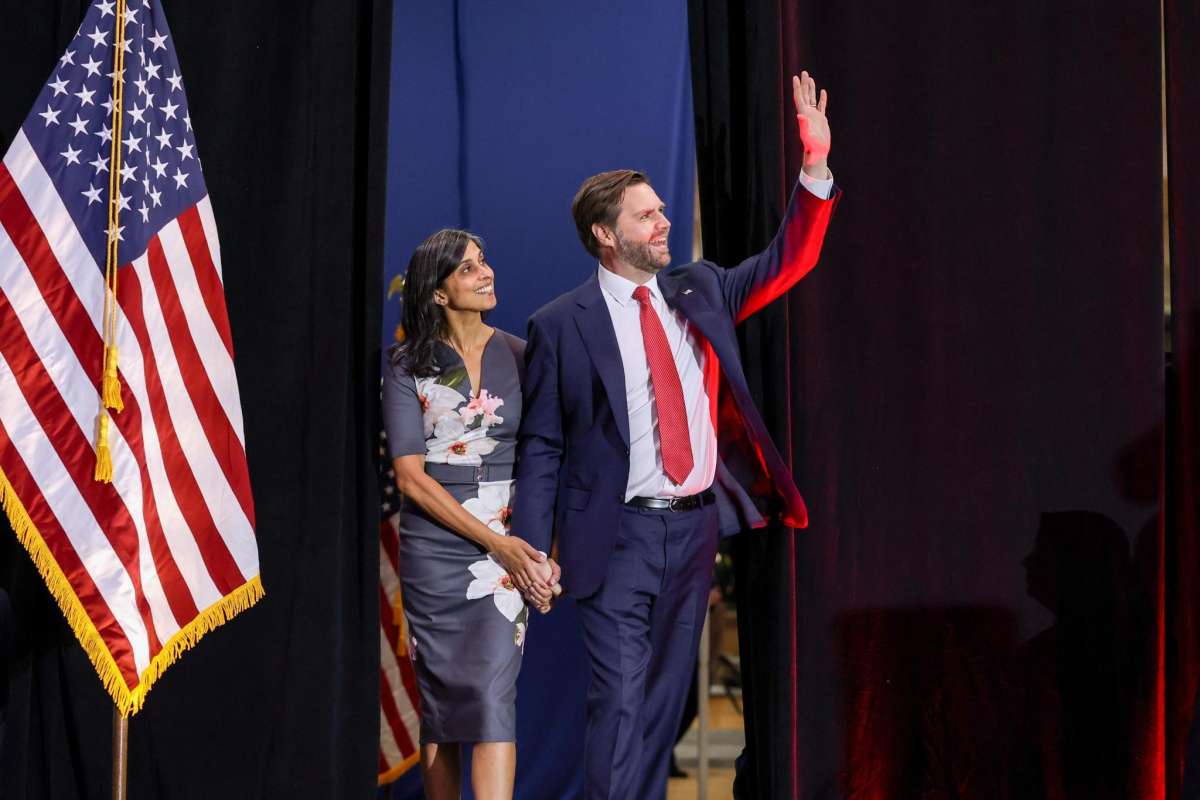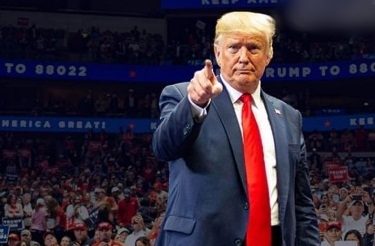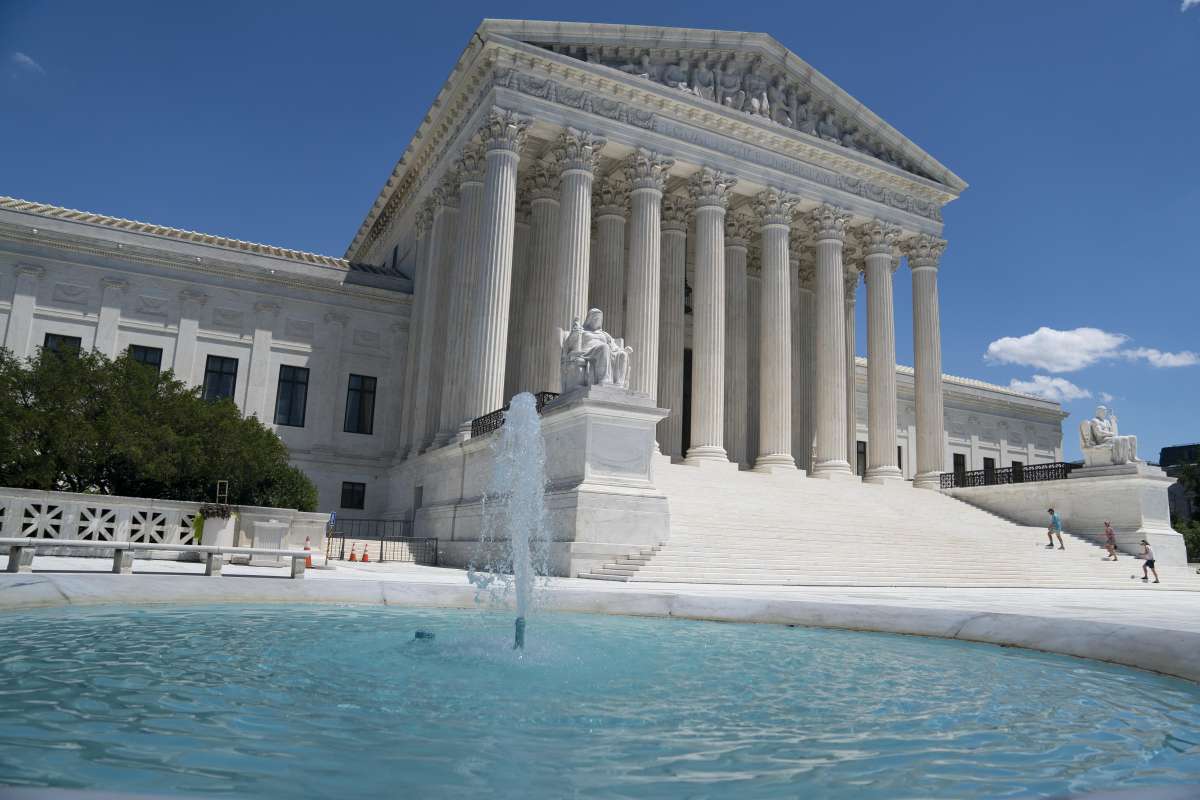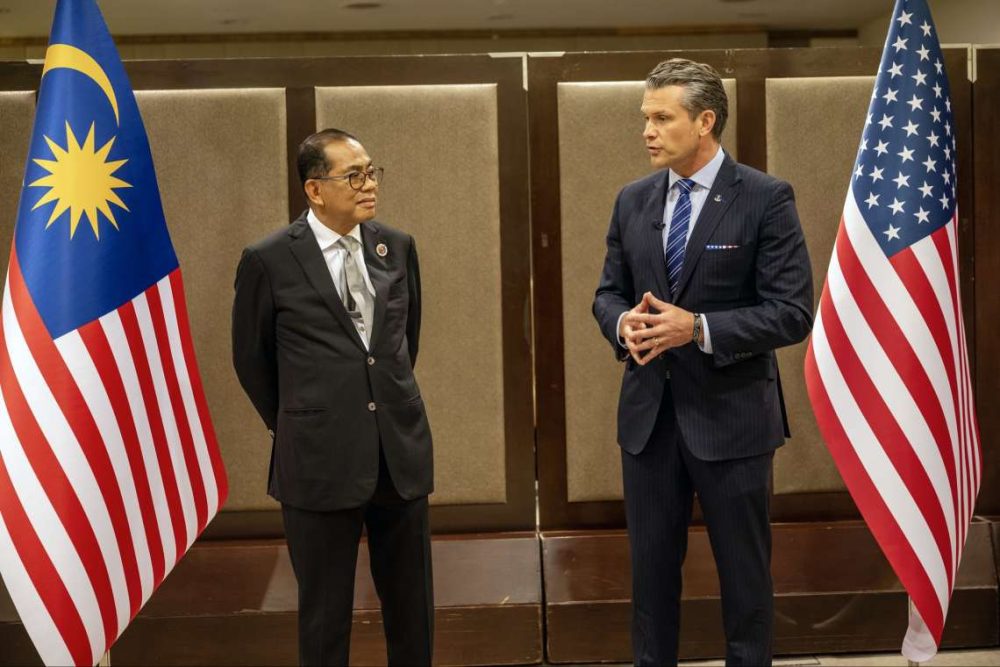Japan persuaded the US to make the exception, claiming that it was necessary to ensure access to Russian energy….reports Asian Lite News
The United States has rallied its European allies behind a USD 60-per-barrel ban on purchases of Russian crude oil, but one of Washington’s closest Asian allies, Japan, has begun buying the oil at prices higher than the cap, reported Wall Street Journal.
Japan persuaded the US to make the exception, claiming that it was necessary to ensure access to Russian energy. The concession demonstrates Japan’s reliance on Russia for fossil fuels, which observers say has contributed to Tokyo’s reluctance to fully support Ukraine in its conflict with Russia. Despite the fact that several European countries have reduced their reliance on the Russian energy supply, Japan has increased its purchases of Russian natural gas in the last year.
Japan is the only country in the G-7 group that does not supply lethal weapons to Ukraine, and Japanese PM Fumio Kishida was the last G-7 leader to visit Ukraine after Russia invaded the country.
Kishida has stated that the G-7 summited he is hosting in his hometown of Hiroshima in May will show solidarity with Ukraine. Tokyo has stated that it is committed to assisting Kyiv but is unable to deliver weaponry due to longstanding export limitations imposed by the cabinet, according to a report in Wall Street Journal.
Chief government spokesman, Hirokazu Matsuno, “We absolutely will not allow Russia’s outrageous act, and we are imposing strict sanctions on Russia in order to stop Russia’s invasion as soon as possible.”
The oil purchases, while tiny and permitted by the US, indicate a breach in the US-led campaign to impose a global USD 60-per-barrel cap on Russian crude oil purchases.
A report in Wall Street Journal read, the cap works because oil-buying countries, even if they are not allies of the United States, often require insurance and other services from companies based in the United States or one of its allies. The G-7, the European Union, and Australia have agreed to rules that prohibit those companies from providing services if a buyer of Russian oil pays more than USD 60 per barrel.
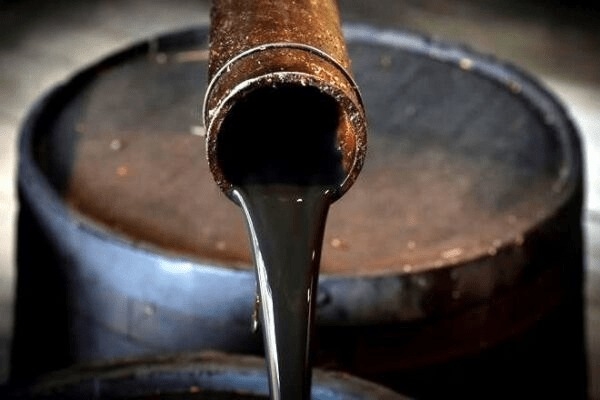
Last year, the countries agreed to an exemption from the cap through September 30 for oil acquired by Japan from Russia’s Far East Sakhalin-2 project.
A Japanese Ministry of Economy, Trade, and Industry official stated that Tokyo intended to ensure access to Sakhalin-2’s major product, natural gas, which is liquefied and shipped to Japan. The official said, “We have done this with an eye toward having a stable supply chain of energy in Japan.”
He added a small quantity of crude oil is extracted along with the natural gas at Sakhlain-3 and needs to be sold to ensure liquefied natural gas, or LNG, production continues. He said, “The price is decided by negotiations between the two parties.”
Russia accounts for around one-tenth of Japan’s natural-gas imports, most of it from Sakhalin-2, and the quantity purchased by Japan last year was 4.6 per cent greater than in the earlier year.
This contrasts with Germany, which relied on Russia for 55 per cent of its natural-gas imports prior to the war and was able to survive a complete cutoff by quickly remodelling its import infrastructure. Germany’s economy increased faster than Japan’s previous year, defying predictions of a German recession caused by the cutoff of Russian gas.
A professor at Temple University’s Japan campus, James Brown said, “It’s not as if Japan can’t manage without this. They can. They simply don’t want to.” “Japan should move to withdraw from the Sakhalin projects eventually if they’re really serious about supporting Ukraine.”
Two Japanese companies, Mitsui & Co and Mitsubishi Corp, jointly own a 22.5 per cent stake in Sakhalin-2 and successfully pushed to maintain the stake last year with backing from Tokyo when Russia’s government under President Vladimir Putin restructured the project and installed a new Russian operator.
According to official trade records, Japan purchased approximately 748,000 barrels of Russian oil for a total of Yen 6.9 billion in the first two months of this year. At the current currency rate, that equates to USD 52 million, or slightly less than USD 70 per barrel. Russia exports millions of barrels of oil every day, therefore Japan’s purchases represent a negligible portion of total Russian output, as per Wall Street Journal.
Japan produces almost no fossil fuels and relies heavily on imported natural gas and coal for much of its electricity. Authorities have stated that giving up access to Russian liquefied natural gas would be counterproductive because Russia could sell the LNG to China. (ANI)


